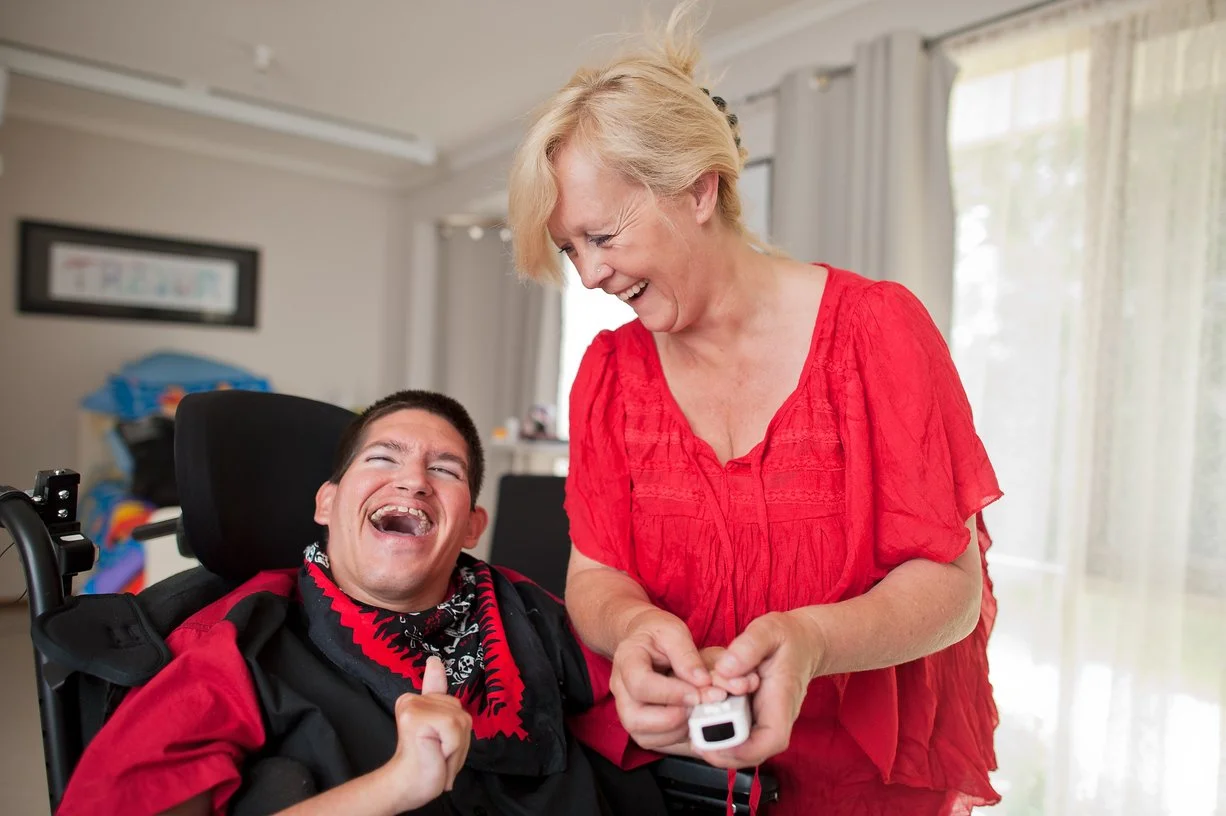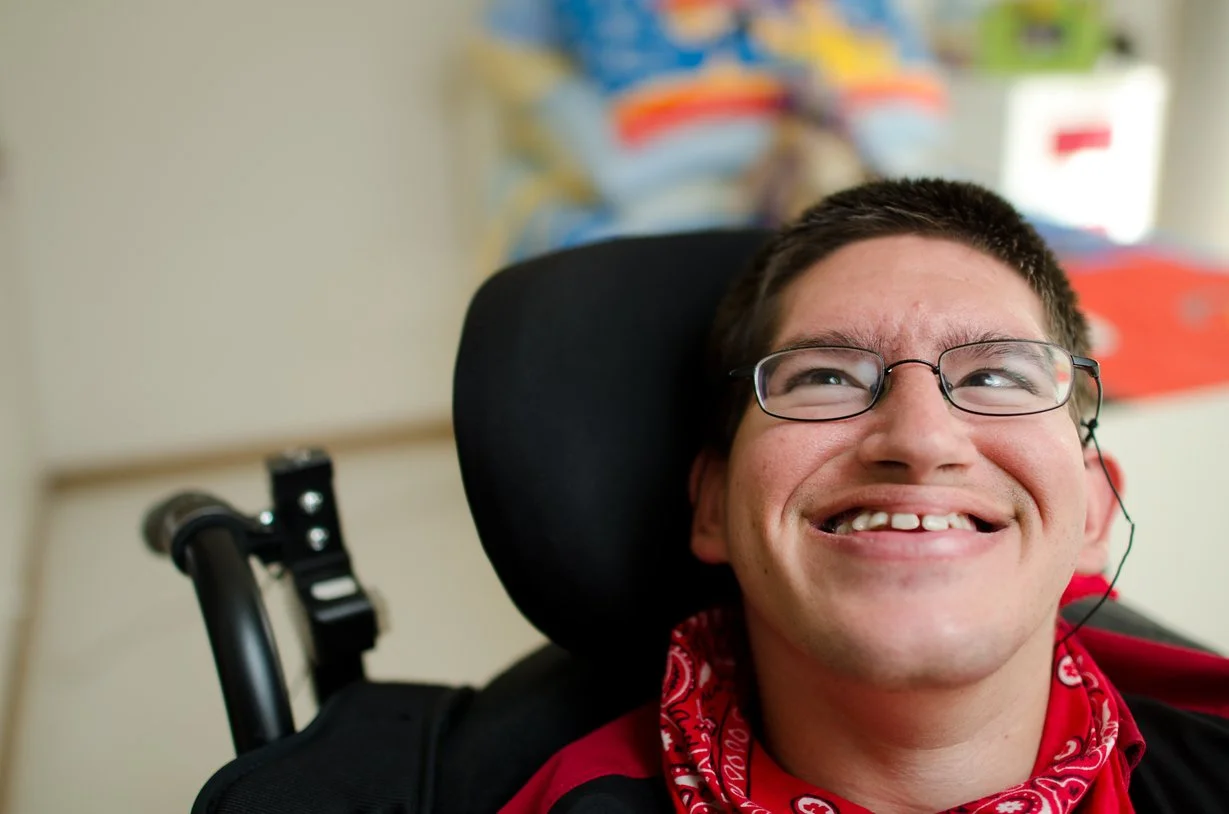
101 cases
of how Human Rights ACTS make our lives better
No matter who we are or where we are, our lives are better when we all treat each other with fairness and respect and when we can all enjoy our rights and freedoms. Human Rights Acts and Charters promote respect for human rights and give people power to take action if their rights are breached.
The 101 cases set out here highlight the benefits Human Rights Acts and Charters have brought to people in the ACT, Victoria and Queensland. These cases also highlight the need for a national Human Rights Act, as well the need for Acts or Charters in states and territories which do not yet have them.
We designed this resource to inspire people to use Human Rights Acts and Charters where they exist in Australia; and to join with others in calling for a national Human Rights Act and Charters in every state and territory.
Click here to add your name to the call for a Human Rights Act.
CASE STUDIES
Aboriginal children jailed in adult prison: Human Rights Act in action
Bendigo mosque and freedom of religion: Human Rights Act in action
Will Ingram and the right to equality: Human Rights Act in action
Queensland and the right to housing: Human Rights Act in action
The right to education for children seeking asylum: Human Rights Act in action
Victorian pandemic laws: Victorian Charter of Rights in action
101 Cases
Human Rights Acts and Charters Make Our Lives Better.
Here are 101 cases showing how
Case 1: Recognising Aboriginal and Torres Strait Islander significant dates and events at schools
The Queensland Department of Education has incorporated human rights considerations into their internal complaints process.
Case 2: Domestic violence survivor avoids eviction to homelessness
Tenants Queensland used the Queensland Human Rights Act to help a single mother who had experienced domestic violence to avoid eviction.
Case 3: Man with a disability uses human rights arguments to avoid eviction
Tenants Queensland used the Queensland Human Rights Act to help a man with mental health issues to avoid eviction.
Case 4: Expectant mother holds on to her tenancy
Tenants Queensland assisted a single mother, who was 7 months pregnant, to respond to an application for termination of her tenancy due to a serious breach which was based on the conduct of her ex-partner who was involved in alleged illegal activity.
Case 5: Person experiencing mental health issues avoids homelessness
A woman was at risk of becoming homeless following an eviction order being made against her by a tribunal.
Case 6: Office of the Public Guardian helps children to raise human rights arguments about their placement
The Office of the Public Guardian, a statutory office established to protect the rights and wellbeing of certain adults, children and young people, used the Queensland Human Rights Act in connection with the placement of two siblings in family-based care.
Case 7: Parents with a disability use human rights arguments to keep their family together
The Queensland Benevolent Society, a charity which supports people with a disability, children, families, older Australians and carers, has used the Queensland Human Rights Act to advocate for their clients.
Case 8: Unreasonable delay led to charges being dismissed
Legal Aid Queensland successfully used the Queensland Human Rights Act to oppose the adjournment of a trial for a minor criminal offence.
Case 9: Complaint leads to agreement to install escalators for accessibility
When escalators at a train station were replaced by steep, inaccessible stairs, one older resident of the community made a human rights complaint.
Case 10: Family in need of accessible social housing offered support after long delay
After an Aboriginal woman with a disability, and her three children, were forced to vacate their social housing, the woman lodged a complaint regarding the length of time taken to arrange modifications to ensure she could shower and access the kitchen safely.
Case 11: ACT Human Rights Commission assists Aboriginal child to raise human rights arguments in relation to her experience in custody
The ACT Human Rights Commission intervened in a court case regarding the infringement of the cultural rights of an Aboriginal child detained at the Bimberi Youth Justice Centre.
Case 12: Single mother secures priority place on housing assistance register
A single mother waiting for public housing was removed from the housing assistance register because her income exceeded the new threshold.
Case 13: Supreme Court sets aside directions limiting the times a daughter can visit her mother
Mariem Omari, a mother with a cognitive disability was under a guardianship order. Her sons were her guardians.
Case 14: Court rules that a man with a cognitive disability must be provided with nutrition and hydration
ACT Health applied to the ACT Supreme Court for a declaration that it would be lawful for the hospital treating an elderly man with a long history of schizophrenia not to provide him with nutrition and hydration.
Case 15: ACT Human Rights Act provides a right to compensation for unlawful arrest or detention
Three men were each unlawfully detained. They made claims against the government for compensation for their wrongful detention.
Case 16: Access to public school education for asylum seekers
The ACT Human Rights Act protects the right to education.
Case 17: Freedom of movement for people with a disability
The parents of a man with a disability complained that their son had been deliberately frightened and provoked by his carers.
Case 18: Better safeguards around a person’s capacity to consent to medical treatment
The ACT Civil and Administrative Tribunal decided a person with a cognitive disability, who the Tribunal had previously found to lack capacity under guardianship law, could not automatically be assumed to lack capacity to consent to psychiatric treatment orders.
Case 19: Ensuring interpreters in tribunal proceedings for people with limited English
The Commission wrote to the ACT Civil and Administrative Tribunal after it became aware that people in proceedings who spoke very limited English were not always being provided with free interpreters.
Case 20: Helping child victim/survivors of crime to give evidence
The Director of Public Prosecutions raised children’s rights under the Charter to support seeking an extension of time to allow a child, who was the victim/survivor of sexual assault, to give evidence via audio-visual recording.




















